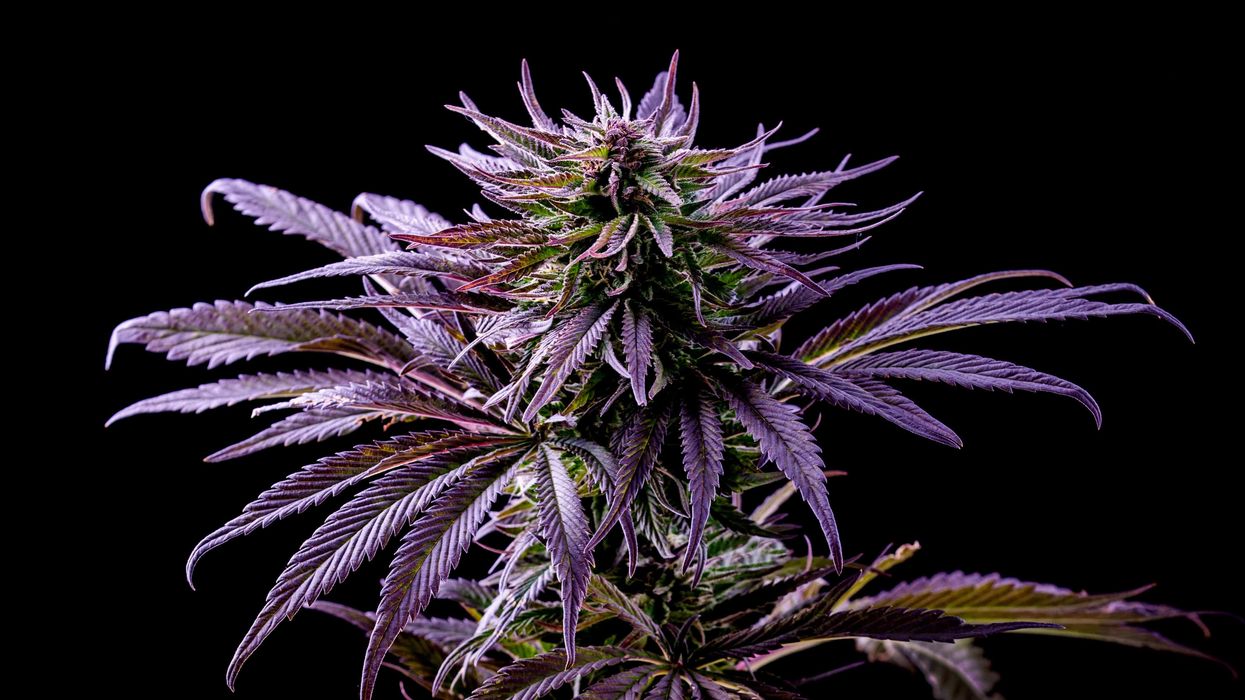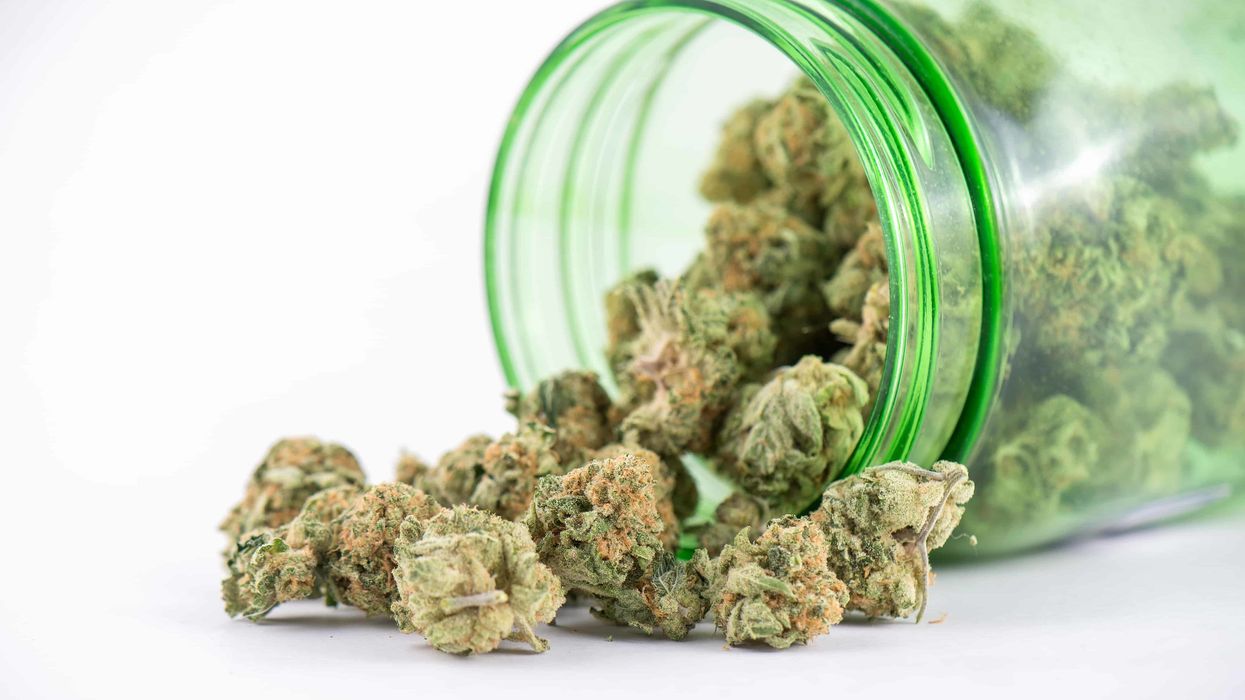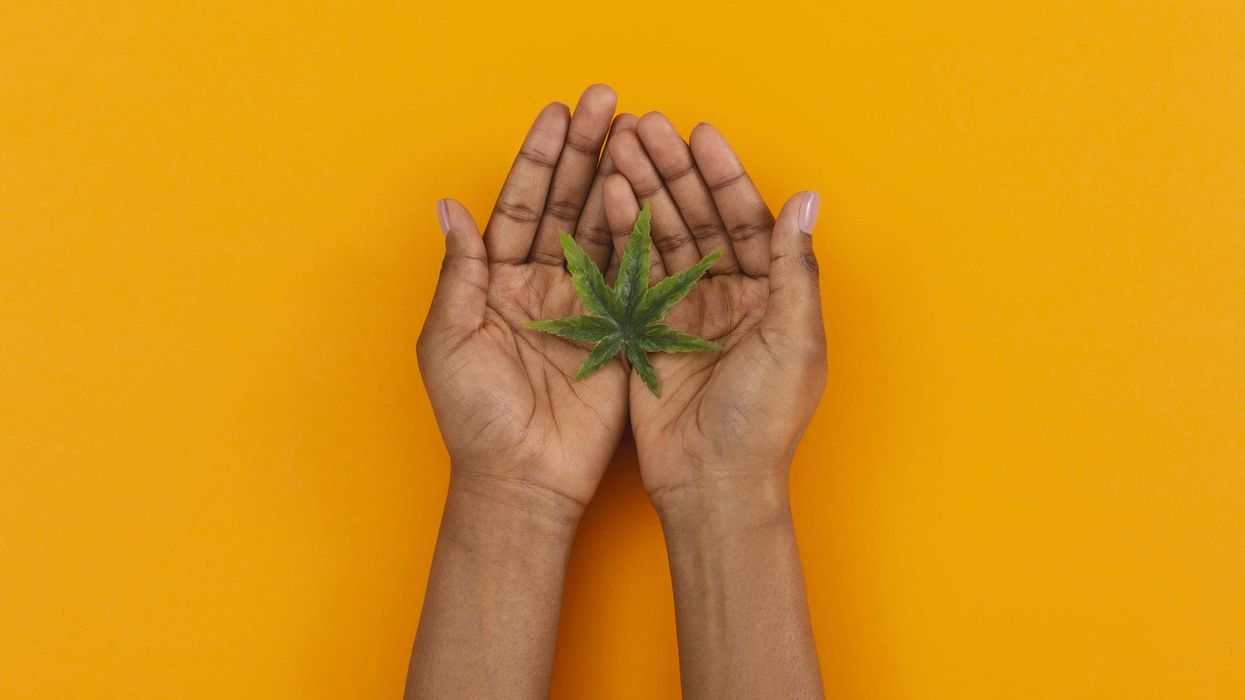California's decision to legalize "cannabis cafes" marks a notable shift in the state's cannabis culture, but it also reignites the long-standing debate around public health, worker safety, and the ongoing disparity between cannabis and alcohol consumption. Assembly Bill 1775, signed by Governor Gavin Newsom, allows dispensaries to prepare and serve hot food and nonalcoholic beverages, transforming them into cannabis-friendly social hubs. While this move aims to reinvigorate the state's nightlife and support the heavily taxed legal cannabis industry, it also underscores the stark differences between how cannabis and alcohol are treated under the law.
Cannabis Lounges vs. Bars: The Double Standard
In California, the juxtaposition of cannabis lounges and traditional bars highlights a glaring disparity. Alcohol consumption has been normalized in public spaces for decades, with bars and restaurants being common venues for social drinking. Alcohol’s health risks are well-documented, yet society largely accepts the presence of bars where alcohol is served freely. Patrons and workers are exposed to the environment, and aside from basic regulations like age restrictions and serving limits, alcohol consumption remains broadly accessible in social settings.
Cannabis, however, faces an entirely different reality. Despite its legalization for recreational use, the stigma surrounding its consumption persists. The cannabis cafe model, which draws inspiration from Amsterdam’s long-standing coffee shop culture, offers a space for social consumption, yet is fraught with more complex regulations. Patrons in California’s newly legalized cannabis cafes can enjoy a joint with their meal or nonalcoholic drink, but secondhand smoke concerns have put these venues under far more scrutiny than their alcohol-serving counterparts.
Health Concerns and Worker Safety
The heart of the opposition to Assembly Bill 1775 lies in concerns over secondhand cannabis smoke. Public health groups, such as the American Cancer Society, have argued that cannabis smoke poses even greater risks than tobacco smoke, with potential for increased cardiovascular disease, lung irritation, and asthma attacks. These concerns mirror those once raised about indoor smoking in bars and restaurants before smoking bans took effect. The state’s decades-long effort to create smoke-free environments now clashes with the cannabis industry's push for public consumption spaces.
Proponents of the bill argue that robust ventilation systems, along with safety measures for workers such as respirator masks, will mitigate these risks. However, skeptics, including Jim Knox of the American Cancer Society Cancer Action Network, dismiss these precautions as insufficient. "You cannot isolate smoke—it can’t be done," he asserts, pointing out that ventilation systems won’t fully prevent the migration of smoke to other parts of the building or nearby areas.
Yet, it’s hard to ignore the hypocrisy here: While bars are filled with patrons drinking alcohol, a substance responsible for countless health problems and social issues, cannabis lounges face backlash for allowing patrons to smoke in a controlled environment. Alcohol-related incidents, including DUIs, accidents, and violence, continue to burden public health systems, yet no such widespread stigma or restrictions apply to bars.
Economic Impact and Cultural Relevance
Supporters of the cannabis cafe model believe it will revitalize the legal market, providing a much-needed boost to an industry struggling under high taxes and competition from illegal sellers. Assemblymember Matt Haney, who authored the bill, envisions cannabis cafes as a vital part of California’s future, helping to normalize recreational cannabis and challenge the illicit market. By offering a more welcoming environment for cannabis consumption, these cafes could shift the landscape of nightlife in the state, merging cannabis culture with live entertainment, food, and social experiences.
For cannabis consumers, the ability to partake in a social setting represents a cultural milestone. For years, cannabis has been largely relegated to private spaces due to legal restrictions and lingering stigma. The emergence of cannabis lounges challenges that narrative, positioning cannabis consumption as a normal, social activity—much like grabbing drinks at a bar.
However, this shift is not without its challenges. The balance between promoting the legal cannabis market and protecting public health will be a delicate one. Governor Newsom has already signaled that if worker safety and public health are compromised, further regulation or even reconsideration of the law could follow. Local governments will have to tread carefully as they implement the law, considering both the economic benefits and the potential health risks associated with cannabis consumption in public spaces.
A New Chapter in Cannabis Normalization?
Cannabis lounges represent a step toward normalizing cannabis use, yet they also reflect the ongoing disparity between cannabis and alcohol. As cannabis lounges begin to open across California, they will test whether the public is ready to accept cannabis in the same way they have embraced alcohol—despite the far-reaching public health concerns that have accompanied both substances.
The path forward for cannabis consumption in public settings will depend on how effectively these new venues can address health and safety concerns, while also providing a safe, enjoyable experience for patrons. As the cannabis industry continues to evolve, the emergence of these social spaces could redefine the way we think about consumption and community, helping to bridge the gap between the stigma of cannabis and the long-established culture of alcohol.
California’s cannabis cafes could very well become the next frontier in the state’s cannabis journey, merging styles, tastes, and experiences in ways that push the boundaries of the law and public perception. How society navigates the smoke—both literally and figuratively—will determine the future of cannabis as a social experience.
Article Summary:
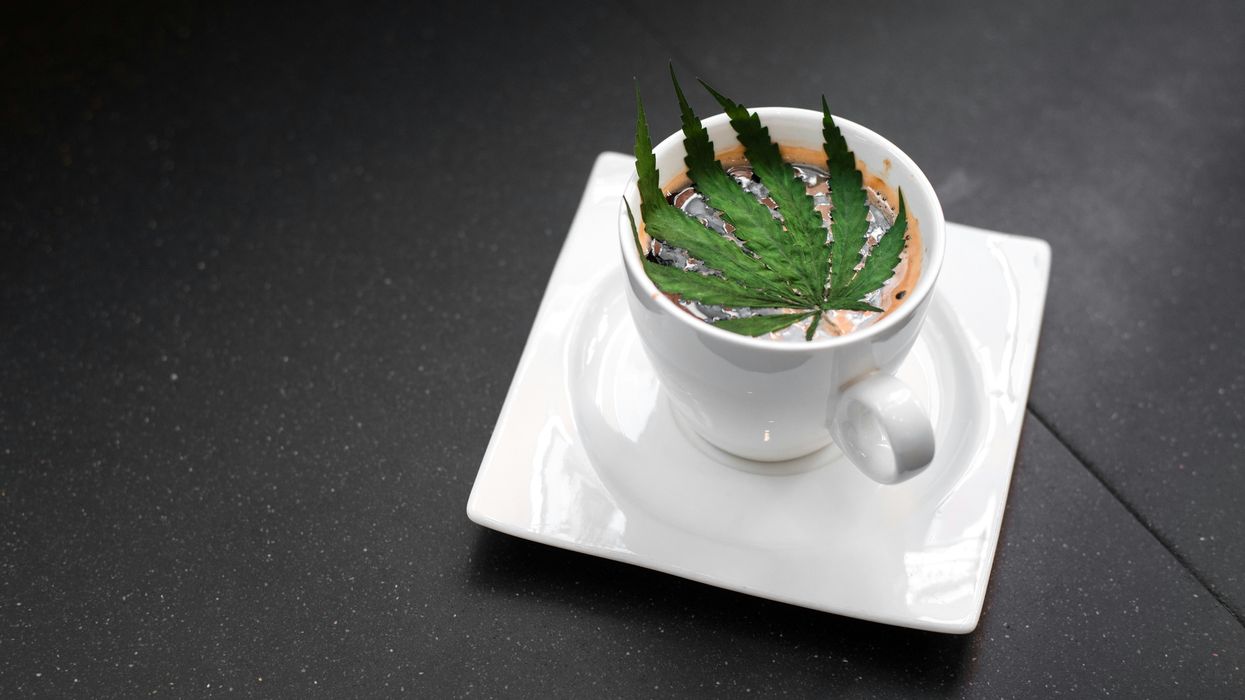

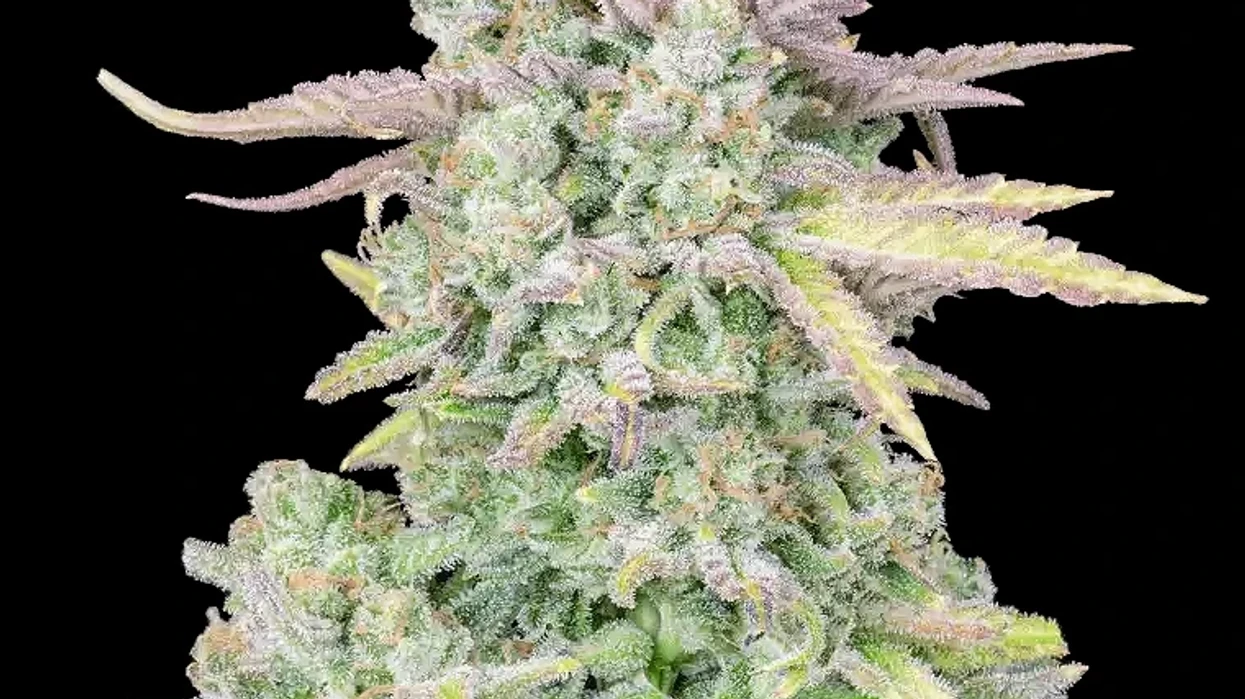
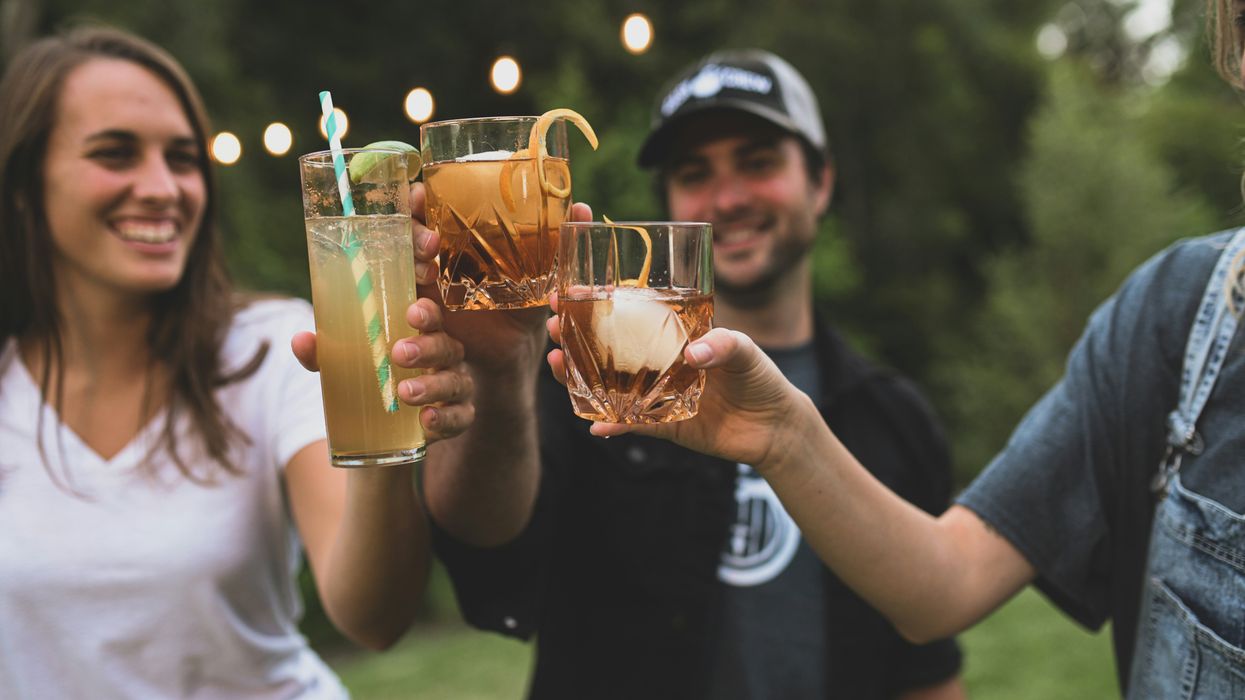
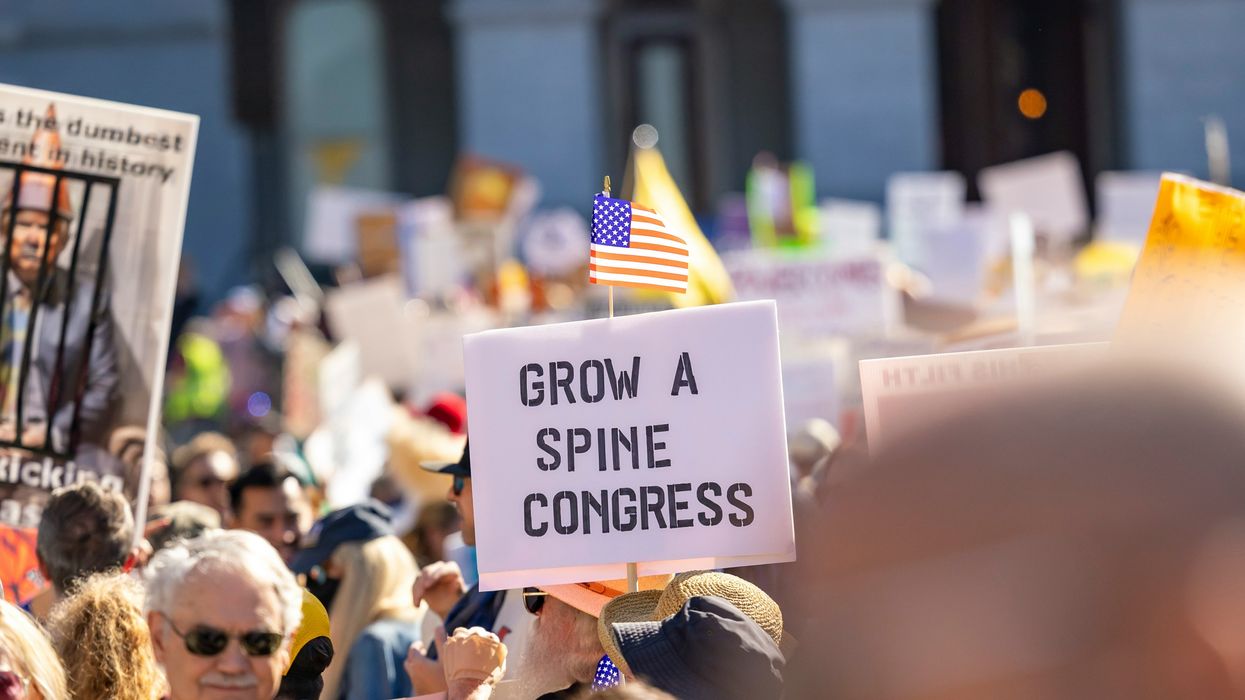
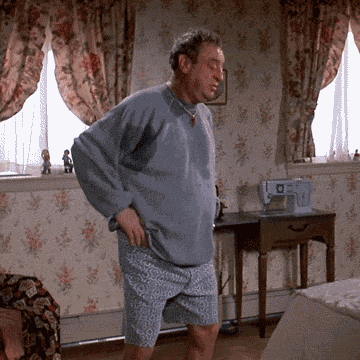

 Justin Timberlake Eye Roll Gif By Agent M Loves Gif - Find & Share on GIPHYAgent M Loves Gifs
Justin Timberlake Eye Roll Gif By Agent M Loves Gif - Find & Share on GIPHYAgent M Loves Gifs




